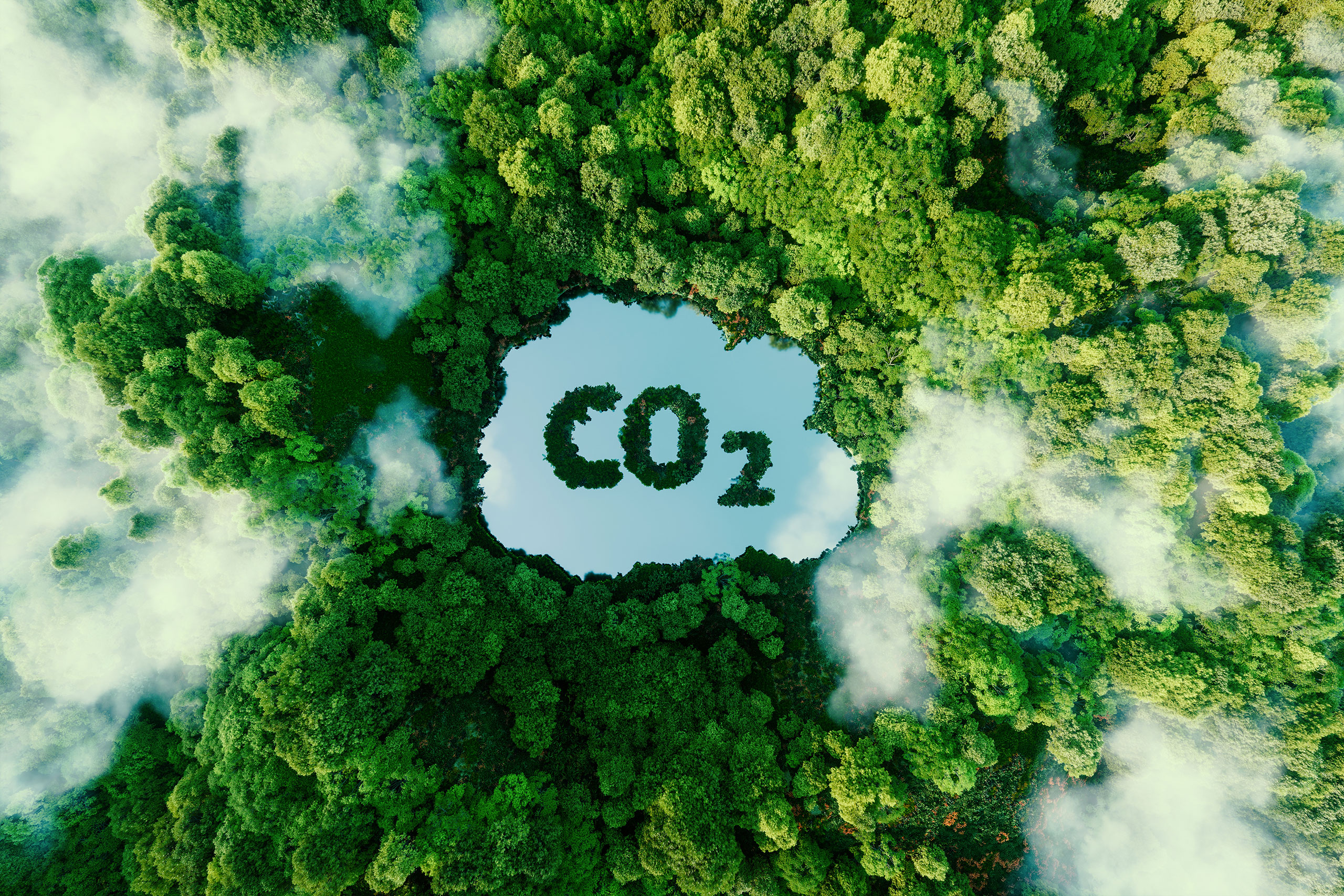The energy transition is triggering an unprecedented industrial revolution, putting the energy sector at the heart of this transformation. The way we produce and consume energy will be redefined. It is therefore important to seize the new opportunities for economic and technological development to mitigate the impact of the technological and social costs of this transition.
As the European economy moves towards a sustainable, low-carbon future, the natural gas industry is there to support this transition process. Natural gas can provide the balance between a net zero carbon economy and energy security and economic prosperity.
Natural gas is an essential component of Romania's energy mix, accounting for 30% of domestic resources last year, according to European Commission data. In recent years, Gaz de Romania has been explaining how important these resources are for the stability of energy supply, which the energy crisis triggered by the war in Ukraine has now put in a different light. Eurogas, the European association of energy companies, recently pointed out that the tight supply situation is likely to remain very difficult until at least 2027as no significant new sources of natural gas/LNG can be brought on stream until then (read the details HERE).
However, in the new geopolitical context, we must not forget emission reduction targets. This is where the natural gas industry is ready to contribute:
- Access to cleaner forms of energy like blue hydrogen
- Developing new technologies such as carbon capture and storage (CCS), Power-to-Gas
- Reducing emissions in the transport sector
- A just energy transition
Based on its natural gas resources, Romania can become a "blue hydrogen valley" in Europe, i.e. an important producer of blue hydrogen at European level, thanks to the natural gas resources we have, the location of our country with its Black Sea opening and the high potential for carbon dioxide storage. The existing natural gas transportation and distribution infrastructure is also expected to play an important role in hydrogen development.
"Europe's extensive natural gas infrastructure can be upgraded and future-proofed to one day transport hydrogen across the EU"said Energy Commissioner Kadri Simson.
CARBON CAPTURE AND STORAGE
Carbon capture, utilization and/or storage (CCU/CCS) technologies will also play a considerable role in meeting climate targets in the transition of the industrial and energy sectors to net-zero emissions.
CCS and CCU technologies can make a significant contribution to reducing emissions in energy-intensive and difficult-to-decarbonise industries, thereby protecting industrial activity, value chains, jobs and stimulating economic growth. They are proven technologies, already available and ready to contribute to reducing carbon dioxide (CO2) emissions in both industry and the energy sector, making them sustainable.
POWER-TO-GAS. A partnership with renewables
The technology is one of the future solutions to the problem of surplus green energy. Energy production from renewable sources, mainly photovoltaics and wind, is fluctuating, but this technology allows excess electricity to be converted into hydrogen - and then biomethane in a secondary process. The hydrogen and biomethane can then be fed into the natural gas grid for various uses in domestic and industrial consumption.
Also thanks to a developed agricultural sector, Romania has the potential to become a major biomethane producer. The Gas for Climate Consortium has published an analysis of the potential for biomethane production in the EU Member States. According to the study, there are enough sustainable feedstocks to produce up to 41 billion cubic meters of biomethane in 2030, and Romania has the potential to produce about 2 billion cubic meters. Read more, HERE.
A JUST ENERGY TRANSITION
Until new technologies are developed on a large scale, let's not forget that in Romania, the country with the second largest natural gas production in the EU, more than half of the population is heated in primary heating systems, generally with outdated and inefficient wood-burning stoves, which affect the health of users and pollute the environment. The lack of access to modern and cleaner energy sources such as natural gas is one of the factors contributing to the depopulation of Romania's villagesYounger people prefer the comforts of the city.
Last but not least, beyond the shift to alternative energy, we need to focus on energy efficiency and resource conservation in all sectors: in buildings (residential and commercial), industry and energy production.
So tackling climate change while meeting energy demand is one of today's biggest challenges. All of us - industry, government and society - have a responsibility to work together and contribute to climate goals without sacrificing energy security and social stability.
There are still many questions about the energy transition, but one thing is certain: The gas industry will remain responsible for meeting the country's basic energy needs and ensuring access to clean, reliable and affordable energy.





